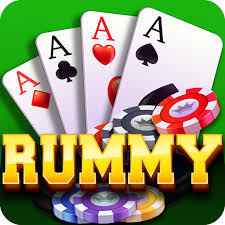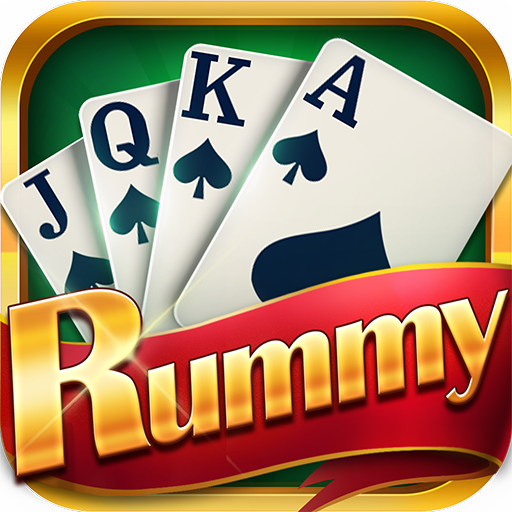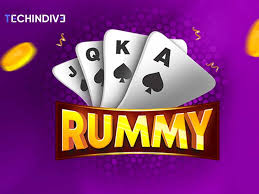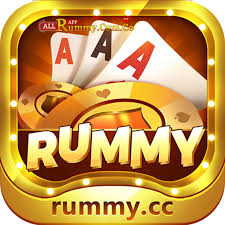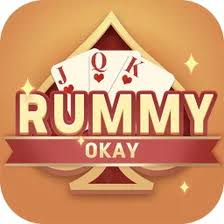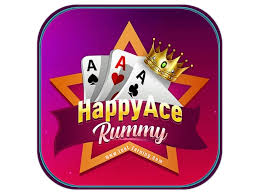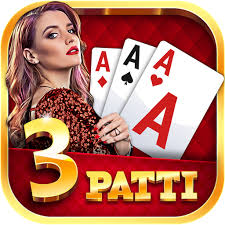Rummy Game, is believed to have originated in the early 19th century, evolving from earlier card games such as Conquian, which is a traditional Mexican game. Over the years, rummy has spread globally, leading to numerous variations, each with its own unique set of rules and gameplay. Today, rummy is enjoyed in homes, clubs, and online platforms, making it one of the most popular card games worldwide.
Popular Variants of Rummy
Rummy has several popular variants, each offering its own twist on the classic gameplay:
- Points Rummy: This is the quickest version, where players earn points based on their performance in each round. The objective is to be the first to declare “Rummy” by forming valid sets and sequences.
- Pool Rummy: In this format, points are accumulated over multiple rounds. Players aim to keep their total points as low as possible. The game typically ends when a player reaches a pre-decided point limit.
- Deals Rummy: Players compete over a fixed number of rounds, and each player is given a specific number of cards. The goal is to have the lowest score by the end of the set rounds.
- Indian Rummy: A popular variant in India, this version typically uses two decks of cards and requires players to form at least two sequences, one of which must be a pure sequence (without a joker).
- Gin Rummy: A two-player variant where players try to form sets and runs of cards. The game is played over several hands, and players aim to “knock” when they have a low total of unmatched cards.
Basic Rules of Rummy
While the rules may vary slightly depending on the variant being played, here are some common rules that apply to most forms of rummy:
- Objective: The main goal is to form valid sets and sequences. A set consists of three or four cards of the same rank, while a sequence is a run of three or more consecutive cards of the same suit.
- Dealing Cards: The game starts with each player being dealt a specific number of cards, usually 10 or 13, depending on the variant. The remaining cards form the draw pile, with the top card placed face-up to start the discard pile.
- Gameplay: Players take turns drawing a card from either the draw pile or the discard pile. After drawing, they must discard one card to maintain the same number of cards in hand.
- Declaring: A player can declare when they have formed valid sets and sequences. The game ends when a player successfully declares, and points are calculated based on the cards left in other players’ hands.
Tips for Mastering Rummy
- Focus on Forming Sequences: Prioritize forming sequences as they are essential for a valid declaration. A pure sequence is especially important, as it cannot include jokers.
- Keep an Eye on Discards: Pay attention to the cards that other players are discarding. This can give you insight into their strategies and the cards they may be collecting.
- Use Jokers Wisely: Jokers can be a valuable asset in forming sets and sequences. Use them strategically to complete your combinations.
- Adapt Your Strategy: Be flexible in your approach. If you notice that a certain strategy isn’t working, be ready to change your plan based on the cards you draw and the moves of your opponents.
- Practice, Practice, Practice: Like any game, the more you play rummy, the better you’ll become. Consider playing online or with friends to improve your skills.
Conclusion
Rummy is a captivating card game that combines strategy, skill, and a bit of luck, making it appealing to players of all ages. With its rich history and diverse variants, rummy continues to be a favorite pastime around the world. Whether playing casually with friends or competing in tournaments, the thrill of rummy is sure to provide hours of enjoyment. So gather your friends, shuffle the deck, and immerse yourself in the delightful world of rummy.

